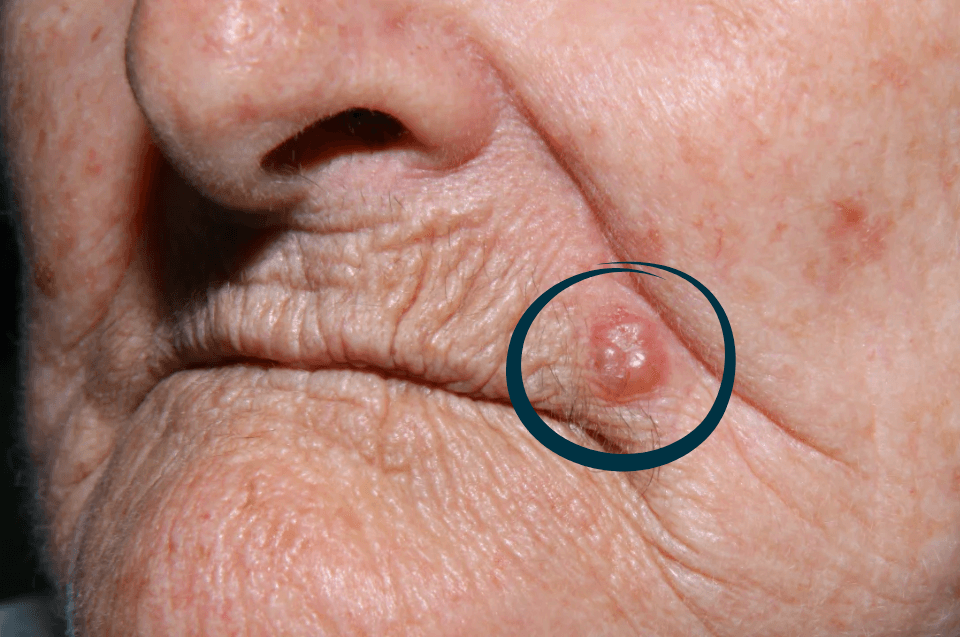Gastroesophageal reflux disease (GERD) is a common digestive condition that occurs when stomach contents, including gastric acid, flow back into the esophagus. This reflux can cause uncomfortable symptoms and, in more severe cases, lead to complications if not properly treated.
What Is Gastroesophageal Reflux?
Reflux happens when the lower esophageal sphincter—a muscular valve that separates the stomach from the esophagus—doesn’t function properly, allowing acidic stomach contents to rise into the esophagus. This irritates the esophageal lining, triggering typical symptoms.
When reflux episodes are frequent (usually more than twice a week), it is classified as Gastroesophageal Reflux Disease (GERD).
Main Symptoms
The most common symptoms of reflux include:
Heartburn (a burning sensation in the chest)
Regurgitation of food or liquid
Sour taste in the throat
Difficulty swallowing
Chest pain (which may mimic heart-related pain)
Chronic dry cough
Hoarseness or throat irritation
Sensation of a lump in the throat
Causes and Risk Factors
Several factors can contribute to the development of reflux:
Obesity
Pregnancy
Hiatal hernia
Smoking
Excessive alcohol consumption
Diets high in fat, caffeine, chocolate, carbonated beverages, and acidic foods
Large meals or eating close to bedtime
Diagnosis
Diagnosis is usually clinical, based on symptoms. In persistent or uncertain cases, the doctor may request tests such as:
Upper endoscopy
Esophageal pH monitoring (measures acidity in the esophagus)
Esophageal manometry (evaluates the pressure of the lower esophageal sphincter)
Treatment
Treatment may involve lifestyle changes, medications, and, in rare cases, surgery.
Lifestyle Changes:
Avoid trigger foods (fatty, fried foods, caffeine, chocolate, alcohol)
Eat small portions and avoid lying down after meals
Maintain a healthy weight
Elevate the head of the bed
Quit smoking
Medications:
Antacids – provide quick symptom relief
H2 receptor blockers (e.g., ranitidine*)
Proton pump inhibitors (PPIs) – such as omeprazole, pantoprazole, and esomeprazole; they reduce acid production and are more effective for persistent cases
*Note: Ranitidine has been withdrawn from the market in some countries due to concerns about carcinogenic impurities.
Surgery:
In cases resistant to clinical treatment, a surgical procedure called fundoplication may be recommended. It strengthens the barrier between the stomach and esophagus.
Possible Complications
If not properly treated, reflux can lead to:
Esophagitis (inflammation of the esophagus)
Esophageal stricture (narrowing of the esophagus)
Barrett’s esophagus (pre-cancerous changes in the esophageal lining)
Increased risk of esophageal cancer
Conclusion
Gastroesophageal reflux is a common condition that can cause discomfort and complications if ignored. Adopting healthy habits and, if necessary, using medication under medical supervision are essential for managing the disease and improving quality of life.



